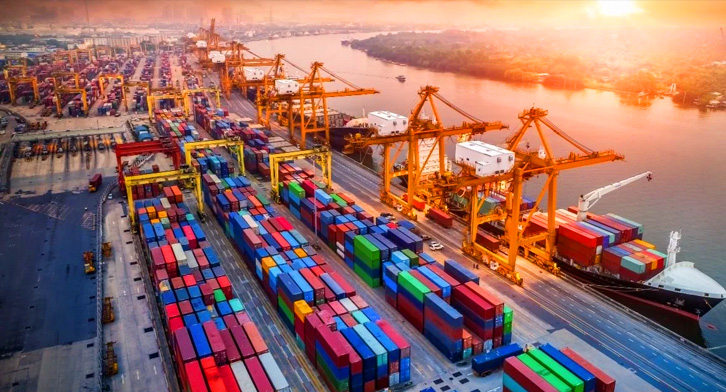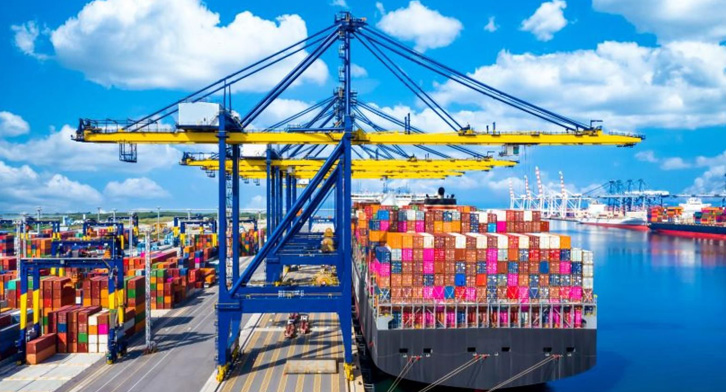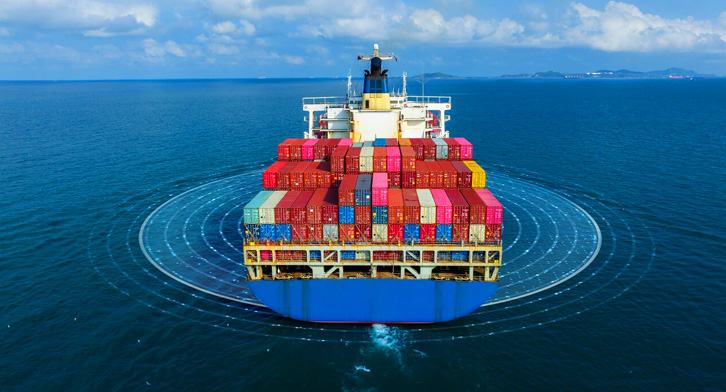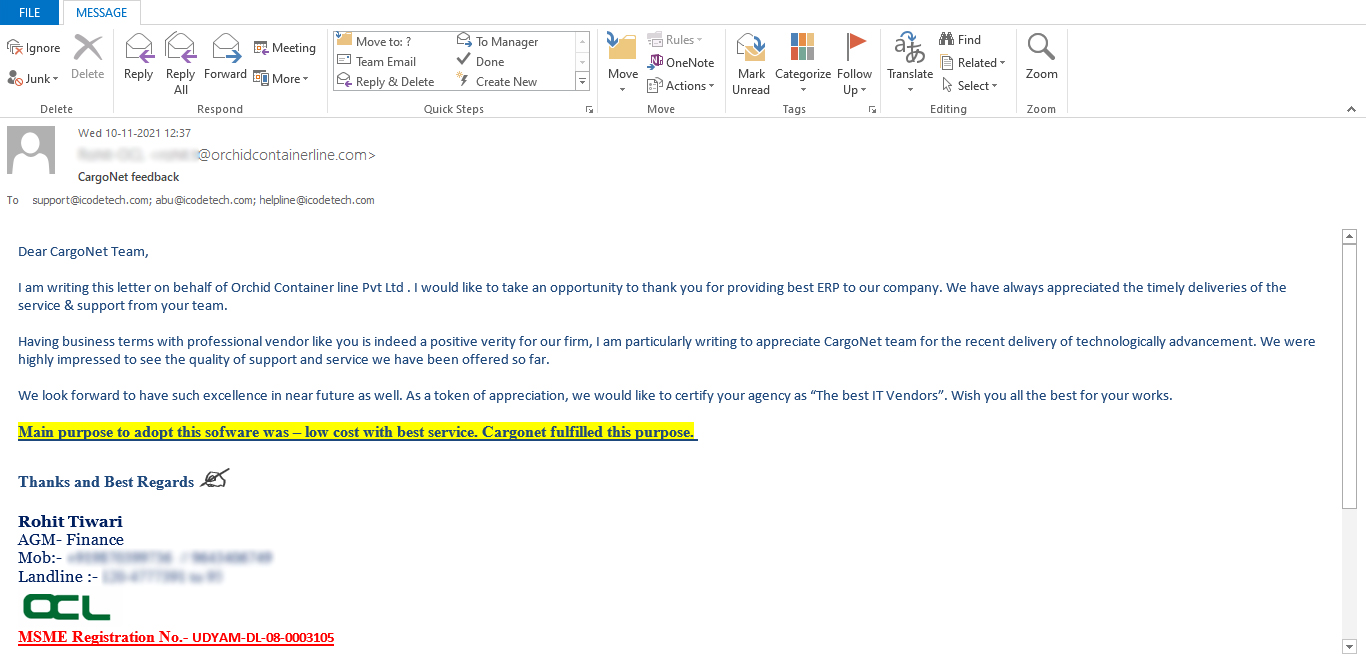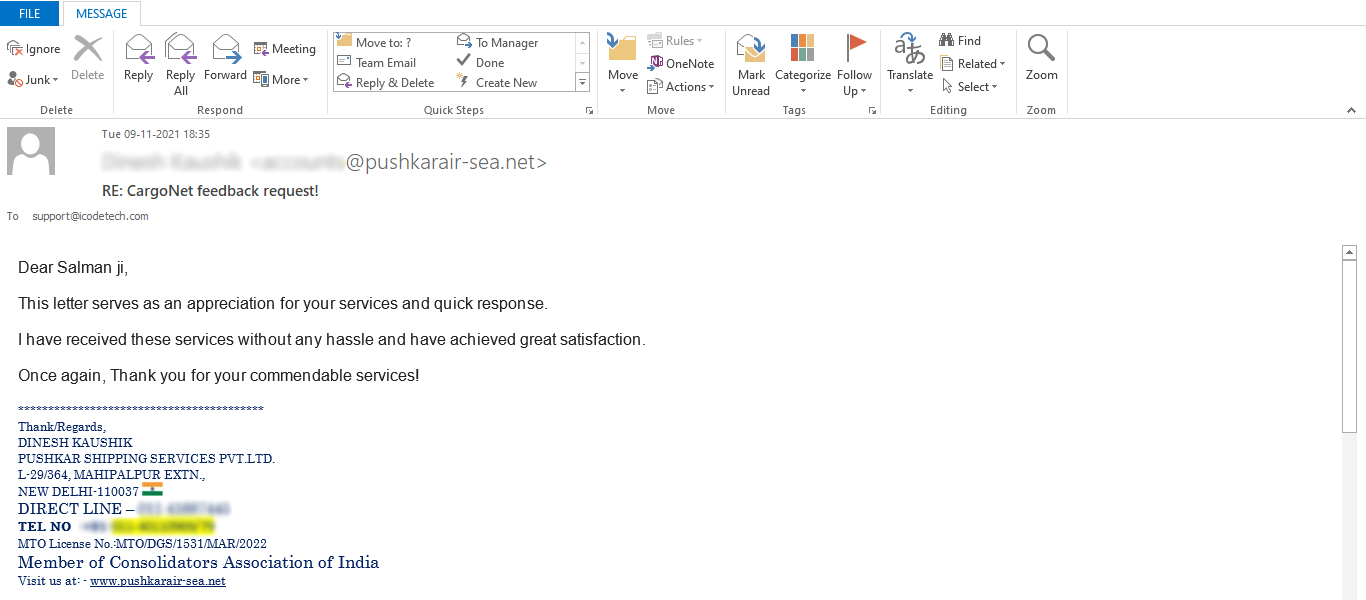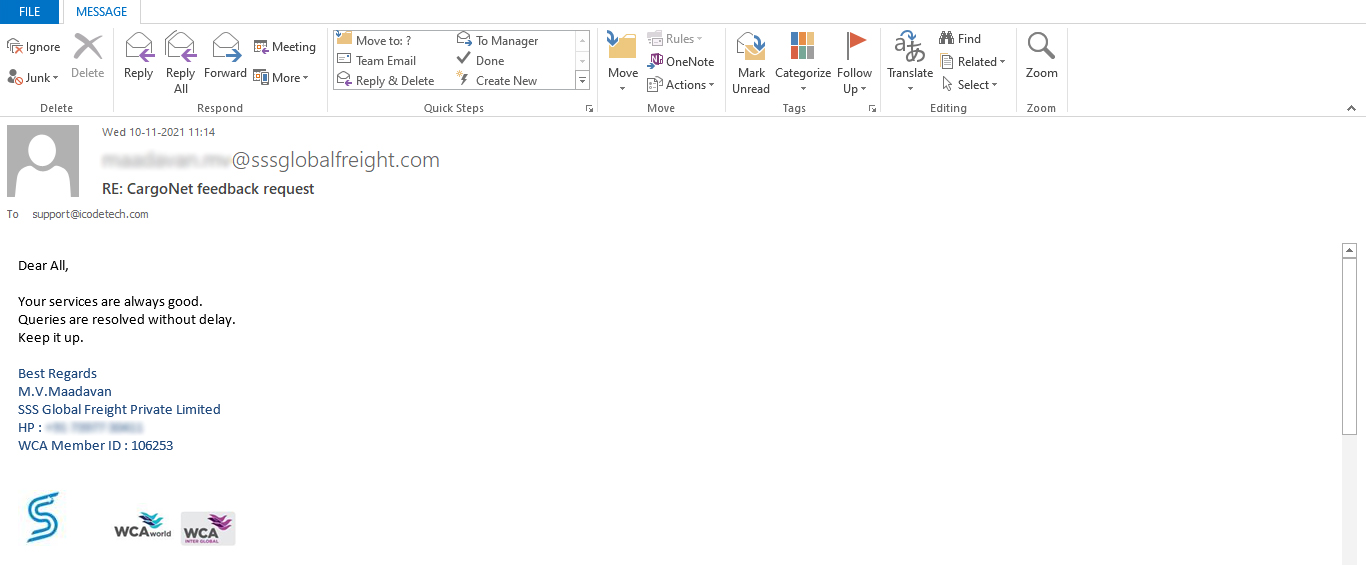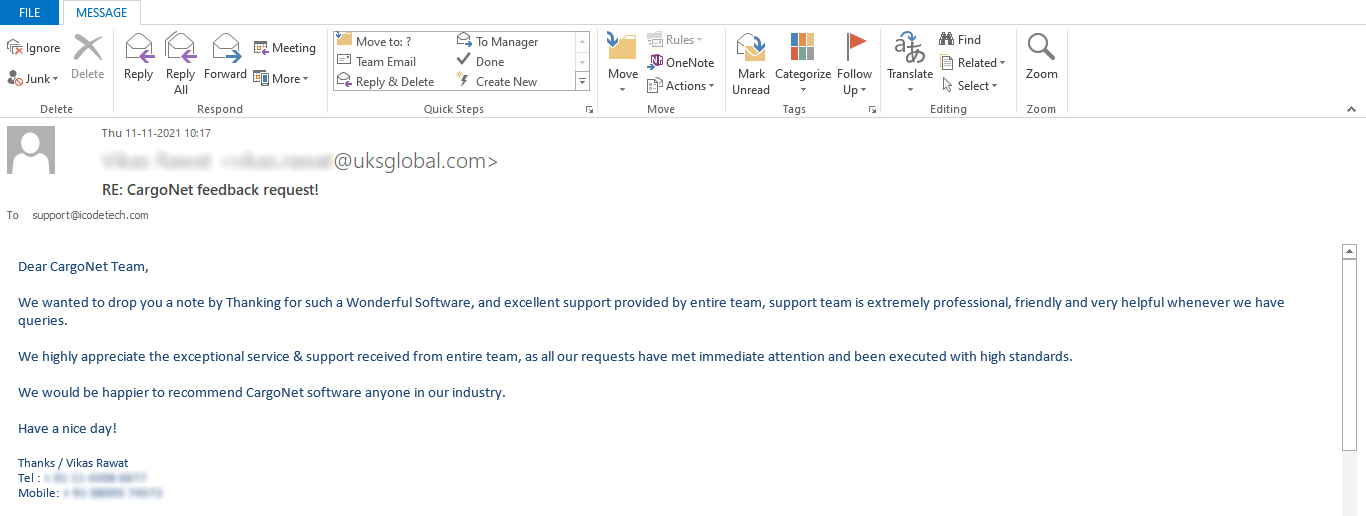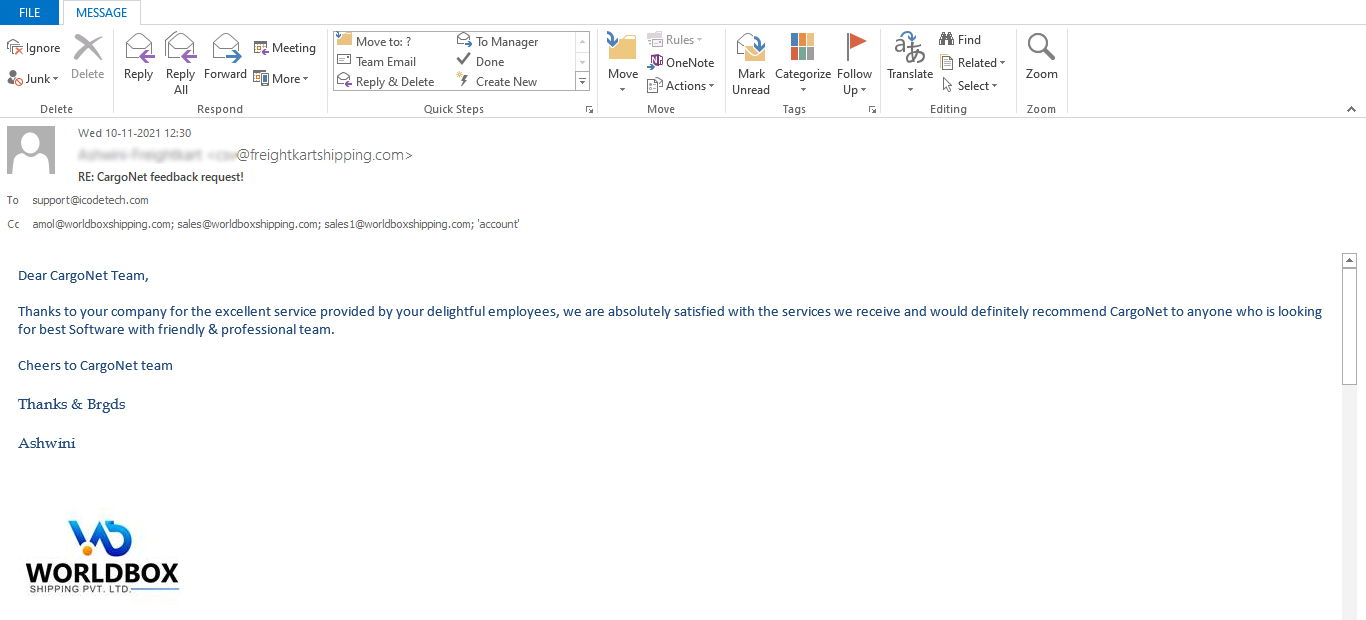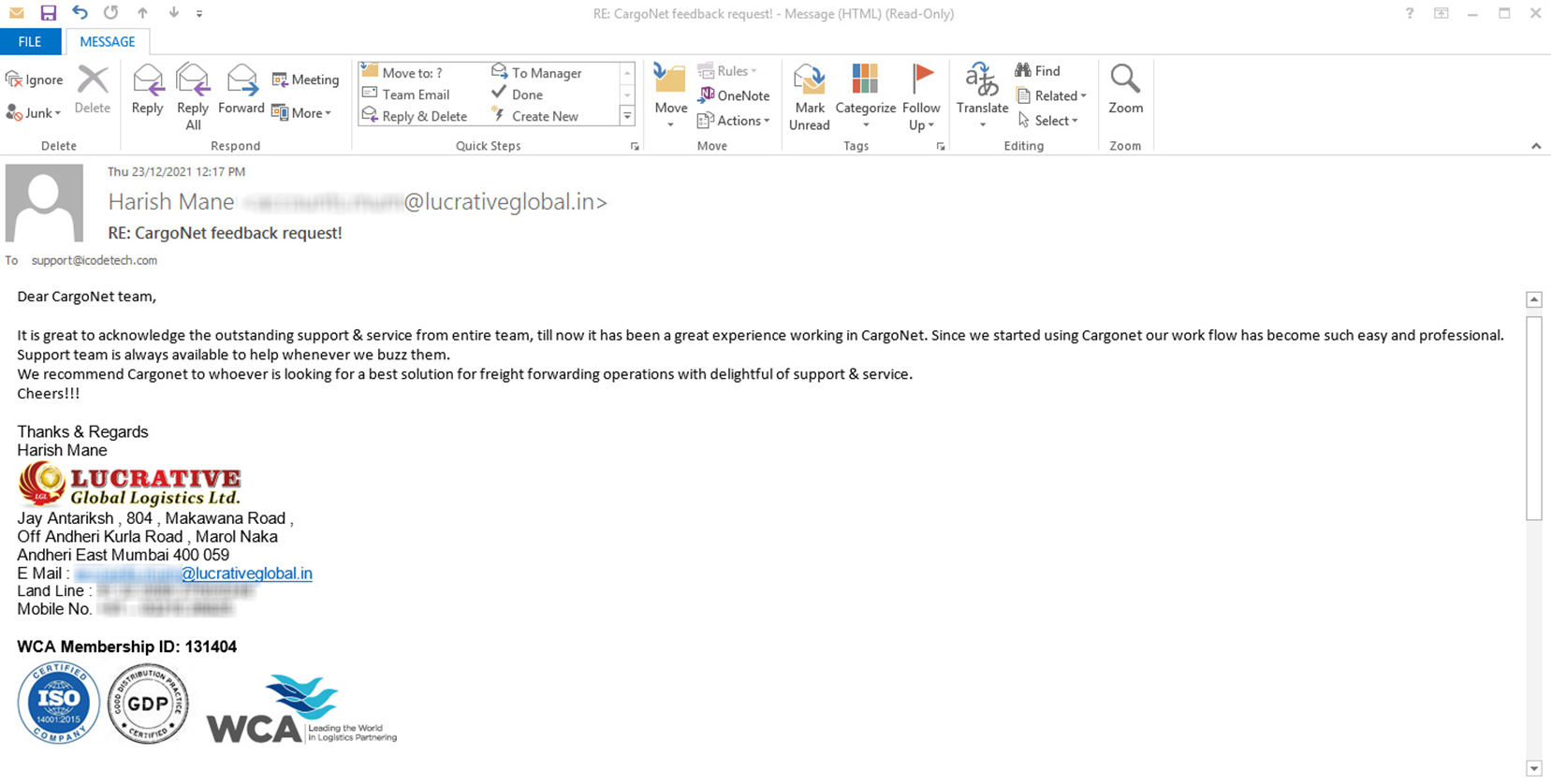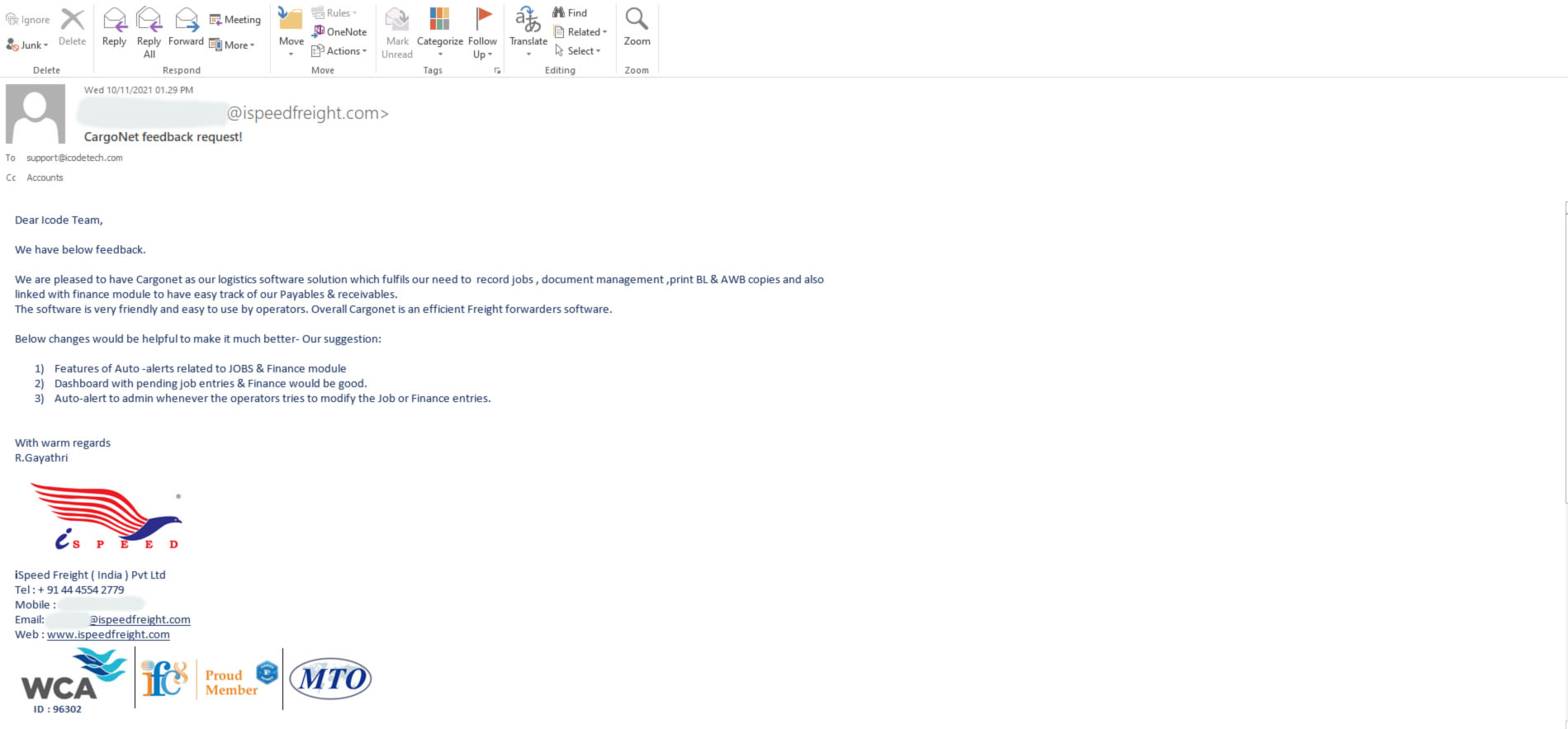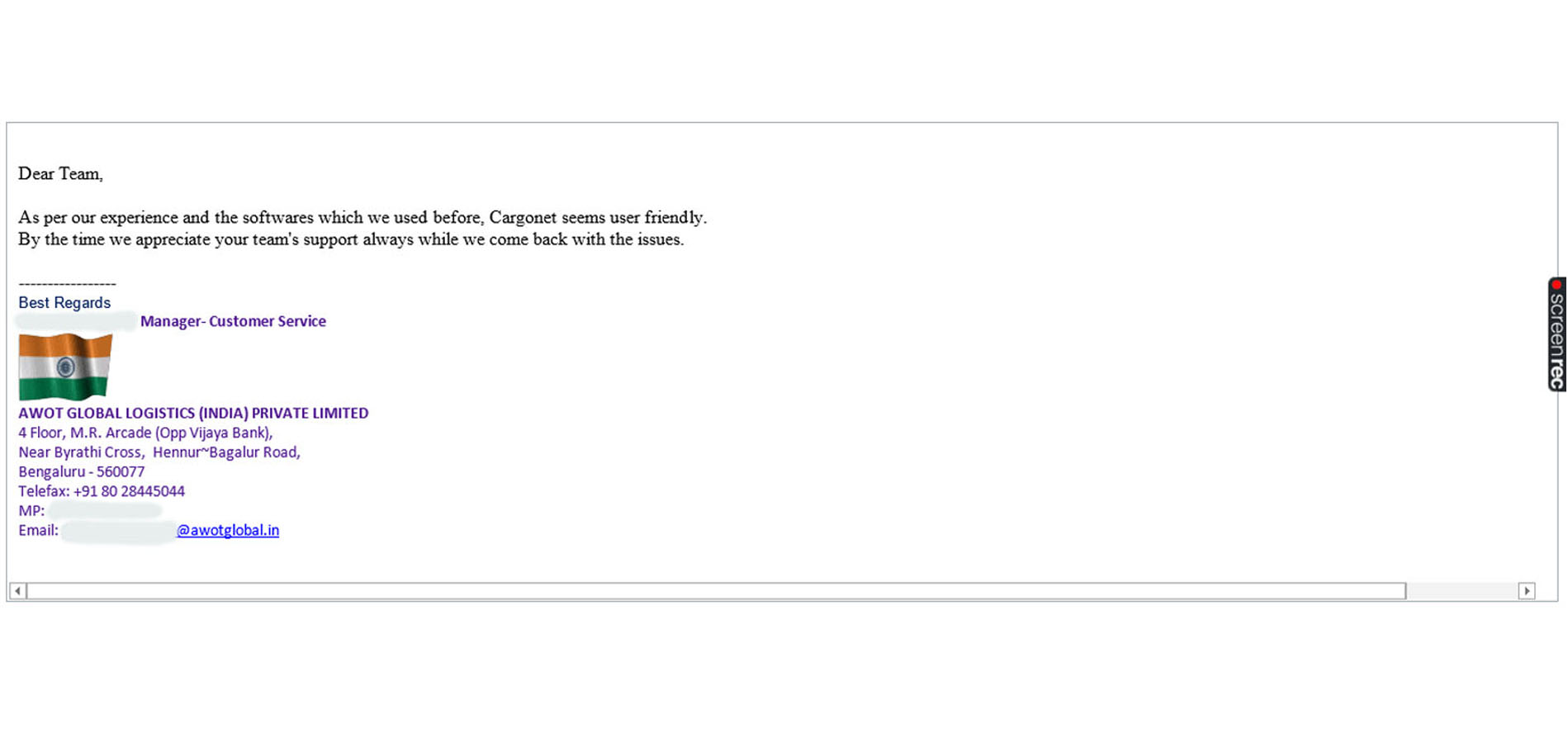Why it matters :
India finally has a modern, purpose‑built law for moving cargo along its 7,500‑km coastline—promising cheaper logistics, cleaner transport, and a huge shot in the arm for “Make in India”.
At‑a‑glance highlights :
- Dedicated coastal‑trade law replaces 1958 provisions with a future‑ready framework.
- Indian ships, fewer hurdles: general trading licence scrapped for desi vessels.
- Foreign ships, clearer rules : must obtain a coastal‑trade licence from the DG Shipping.
- National Coastal & Inland Shipping Strategic Plan—updated every two years—to sync routes, traffic forecasts, ports and waterways.
- Charterer pool widened : Indian citizens, NRIs, OCIs and LLPs can now hire foreign tonnage.
- Integrated networks : mandates seamless links between seaports and inland waterways.
- One‑stop National Database for transparency and data‑driven decisions.
- Jobs & investment : expected surge in shipbuilding, port services and maritime manpower.
- Greener logistics : shifts bulk cargo from congested highways/rails to low‑emission ships.
What changes on the ground ?
Then (Merchant Shipping Act, 1958)
Now (Coastal Shipping Bill, 2024)
Coastal trade governed by scattered clauses
Single, holistic statute dedicated to cabotage
Generic vessel‑licensing focus
End‑to‑end ecosystem: licensing, planning, data, enforcement
No strategic roadmap
Biennial national plan + state representation
Limited charter options
Wider charterer base, encourages private participation
Penalty provisions with jail terms
De‑criminalised, monetary penalties dominate
Big-picture impact
- Cost advantage: sea freight is up to 60 % cheaper per tonne‑km than road
- Traffic relief: targets 230 MT of coastal cargo by 2030 (162 MT in 2023‑24).
- Climate boost: lower CO₂ per tonne‑km helps India inch toward its net‑zero pledge.
- Regional unlock: coastal–riverine synergy could revive economies in Odisha, Karnataka, Goa and beyond.
- Security & self‑reliance: larger Indian‑flag fleet cuts dependence on foreign hulls.
“This Bill propels India toward an efficient, sustainable and competitive maritime logistics network, true to the spirit of Atmanirbhar Bharat.”
— Sarbananda Sonowal, Union Minister, Ports • Shipping • Waterways
Stay tuned—rules, licences and the first National Coastal & Inland Shipping Strategic Plan should roll out within the next few months. For shippers, port operators and logistics tech players alike, the tide is turning!


